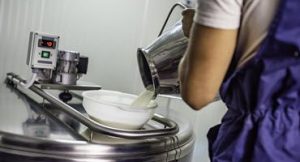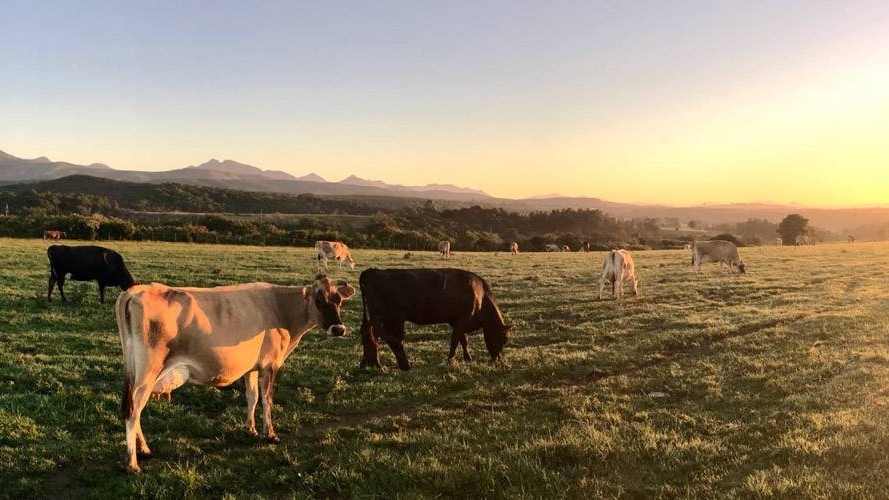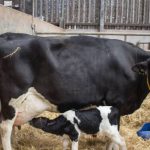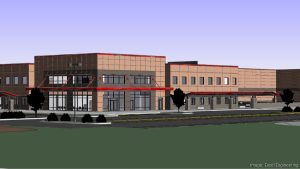
This week I am talking with dairy farmer Roger Lumsden to find out how technology is implemented into his farming business and what impact this has.
His is a farm, well connected into technology to ensure his productivity and production systems remain efficient and competitive.
His enterprise is proof that farmers have no problem with ‘change’, even rapid change. But it is ‘uncertainty’ that his business struggles to manage. Weather uncertainties can be tolerated, but the sudden one-off uncertainties from Wellington policymakers risk that commitment to investment in improvement
Roger is a farmer doing all the right things. He is passionate about his farm and proud to be an intergenerational custodian of the land.
His farm now relies on signals that can be driven from the apps on his mobile phone. It means he is connected all the time
His is a dairy unit that utilises auto-drafting in the dairy shed, and utilises in-bale identification. He has cameras in the shed for heat detection, and monitoring body condition of his cows.
That shed WIFI also allows him to use his HALO system to monitor milk flows and water flows to ensure they remain efficient, and sends text messages when out-of-standard conditions arise. The same system controls the irrigator and the effluent spreader.
And his tractor and spreader are GPS controlled to ensure accurate application of both fertilizer and pasture feed. In fact, he also has scales on his feed-out wagons.
All his cows have a DNA profile, not only ensuring he has precise and up-to-date records, bur also to help in his transition to an A2 herd, a project that takes many years.
The next step is halter collars for each cow.
Precise and controlled farming techniques like those on the Lumsden farm contrast with the assumptions made in the Climate Change Commission report on what farmers need to do. Their draft report raises more questions than answers says Lumsden, and those working the land wonder if many of them are the right questions. They have intimate data about their own impact on the land, the effect of change, and the ability to drive change for good, but the Commission seems to ignore the progress being made more recently by making comparisons with years that farmers have long moved on from.
























